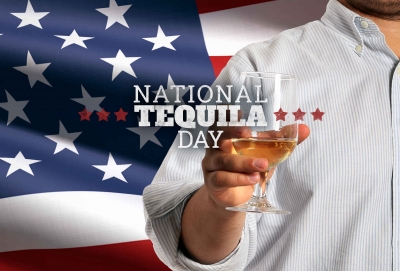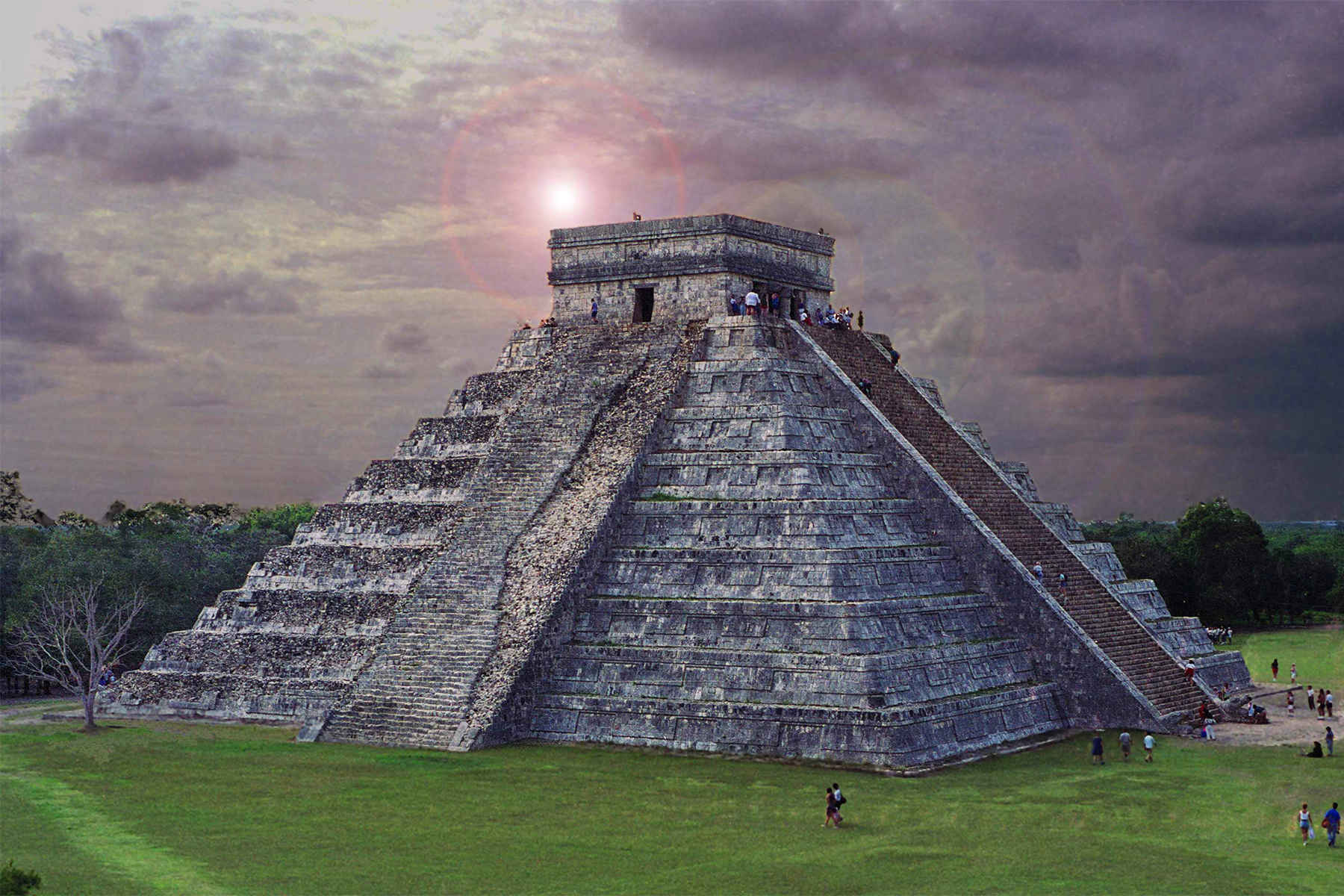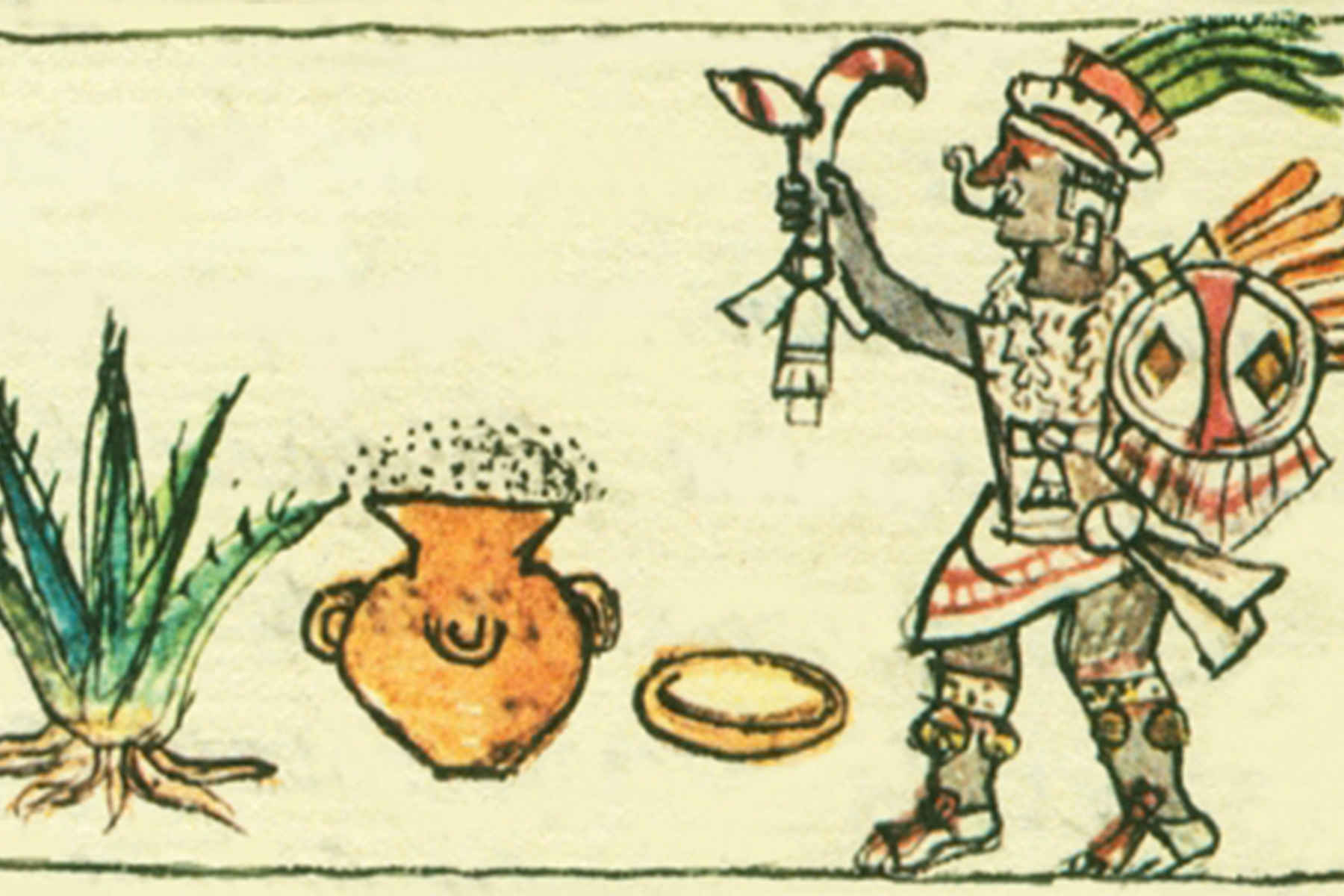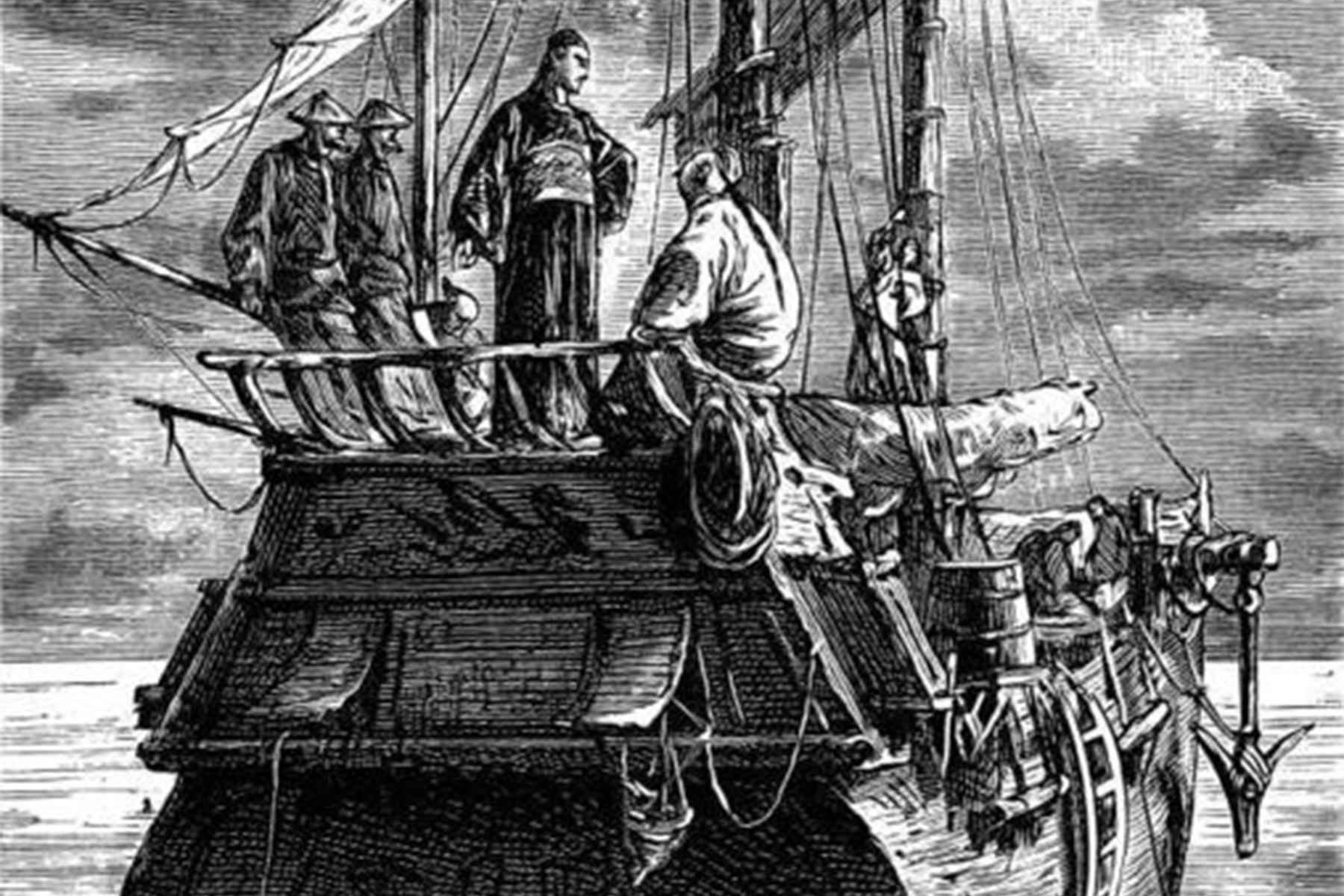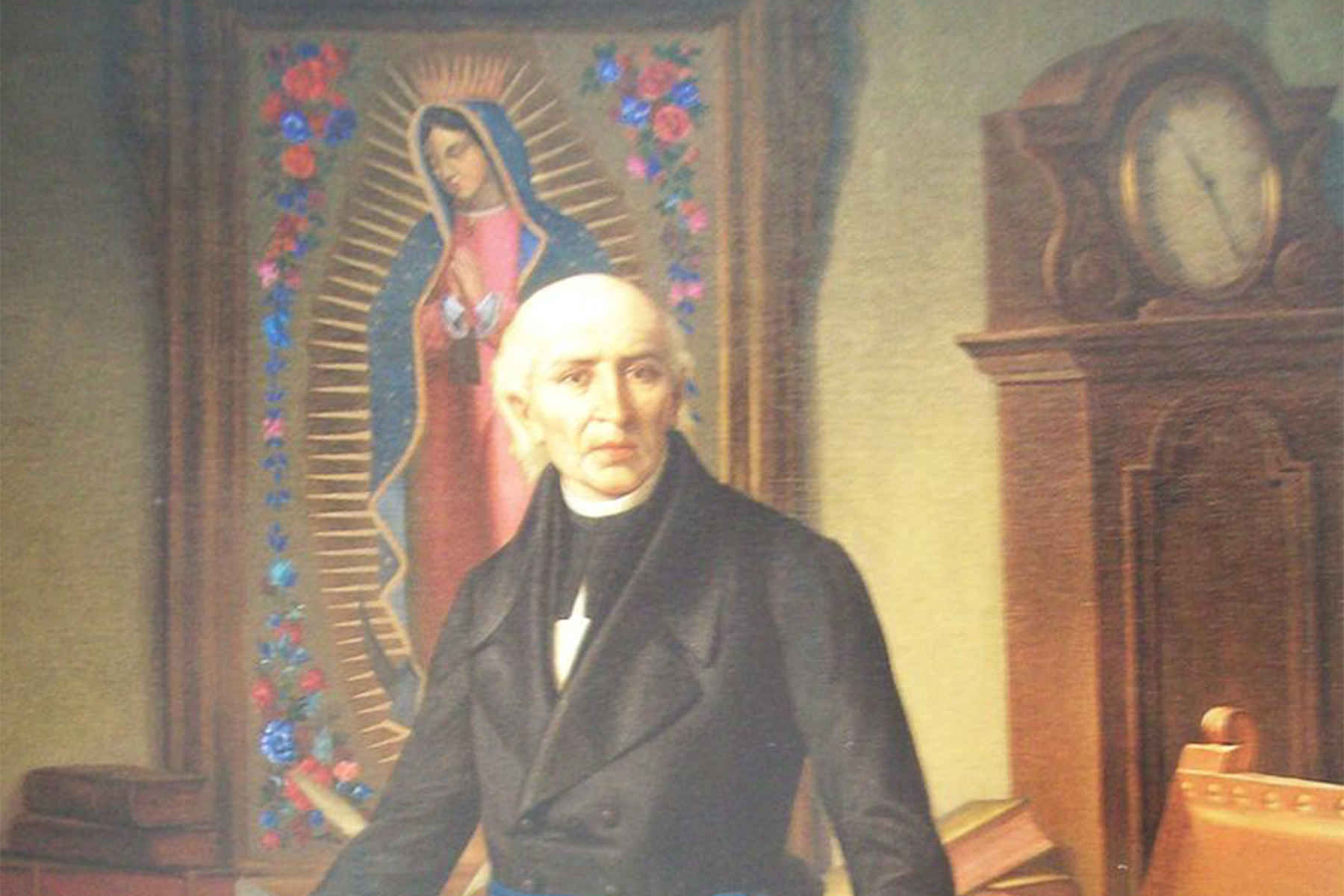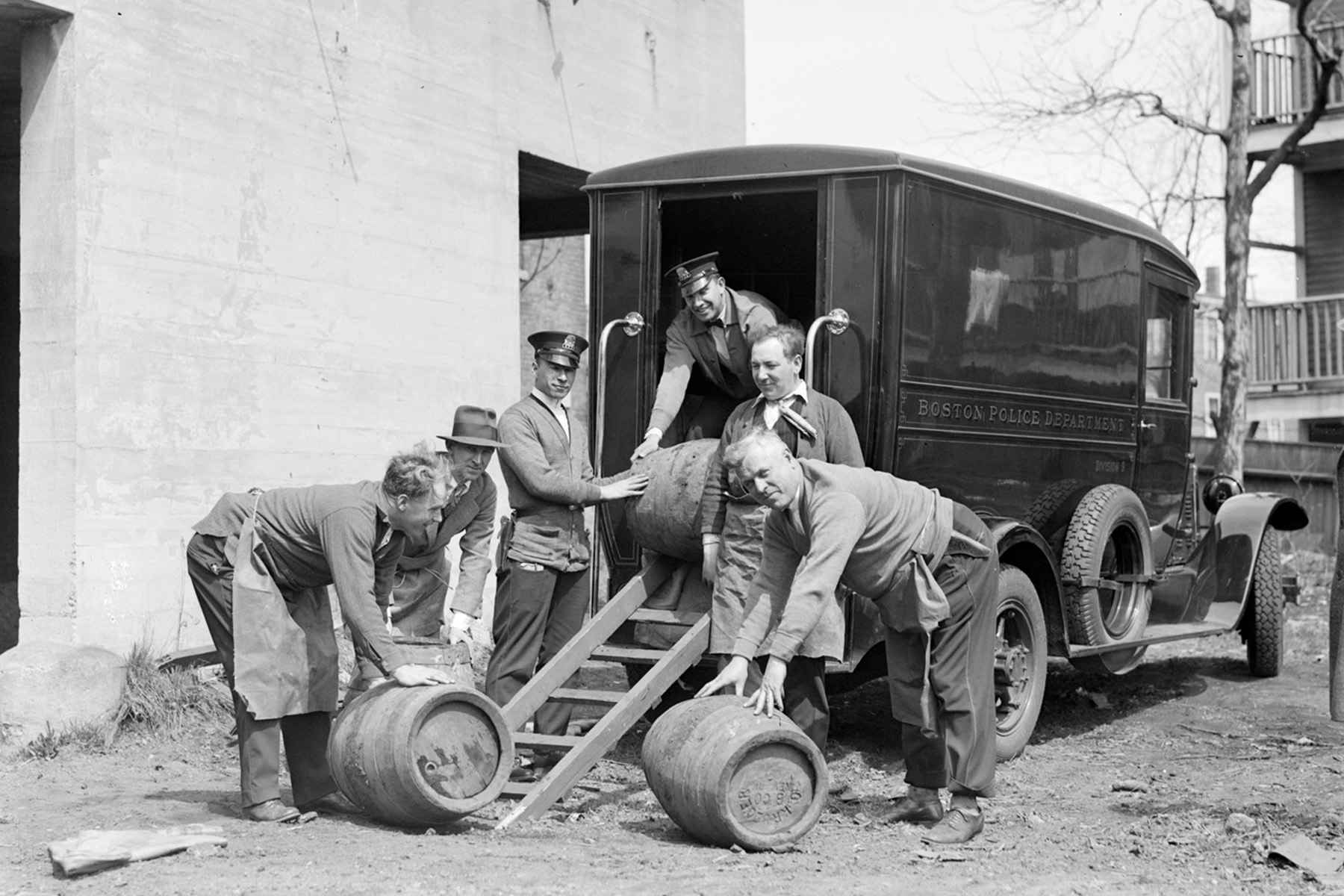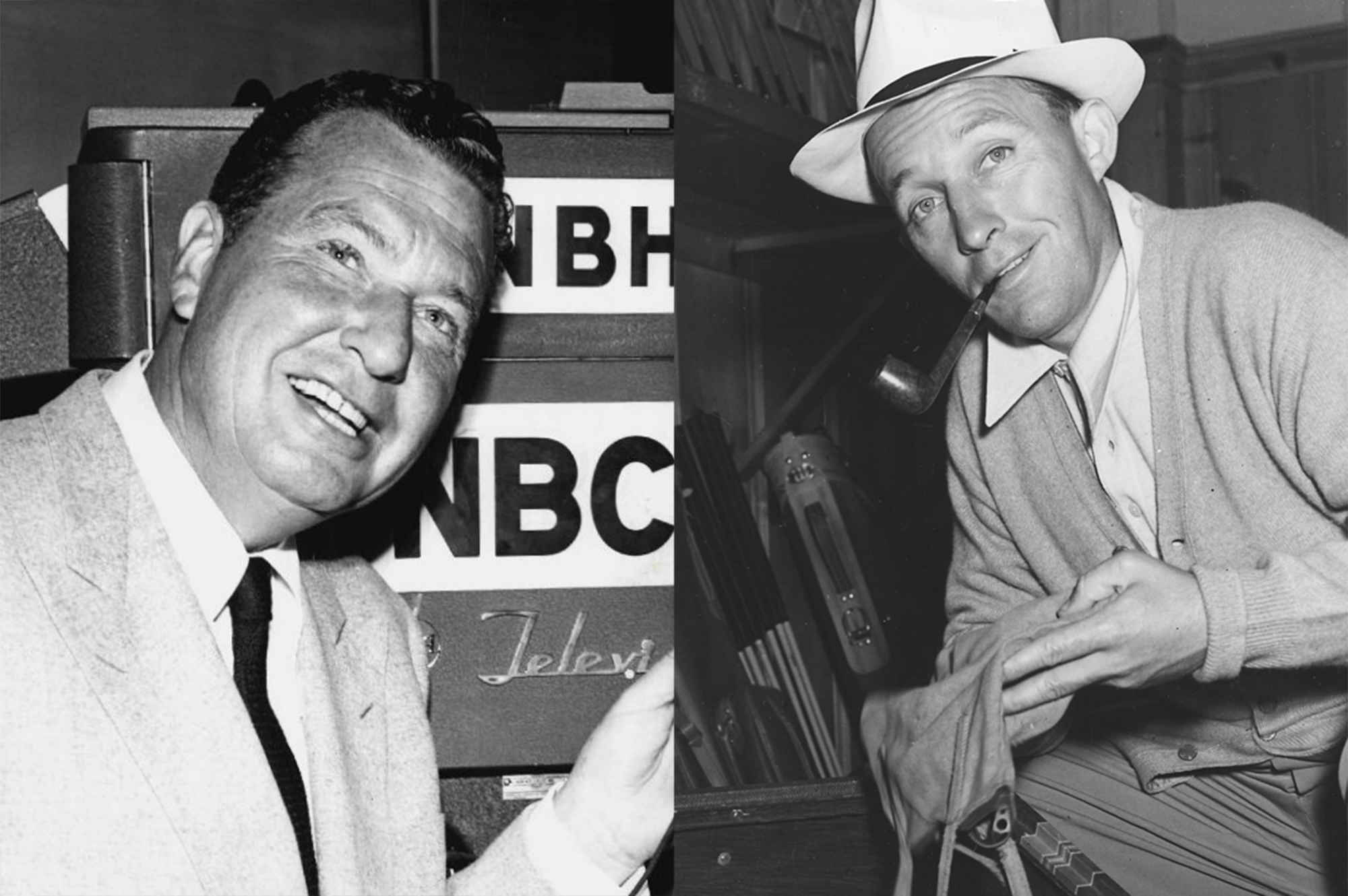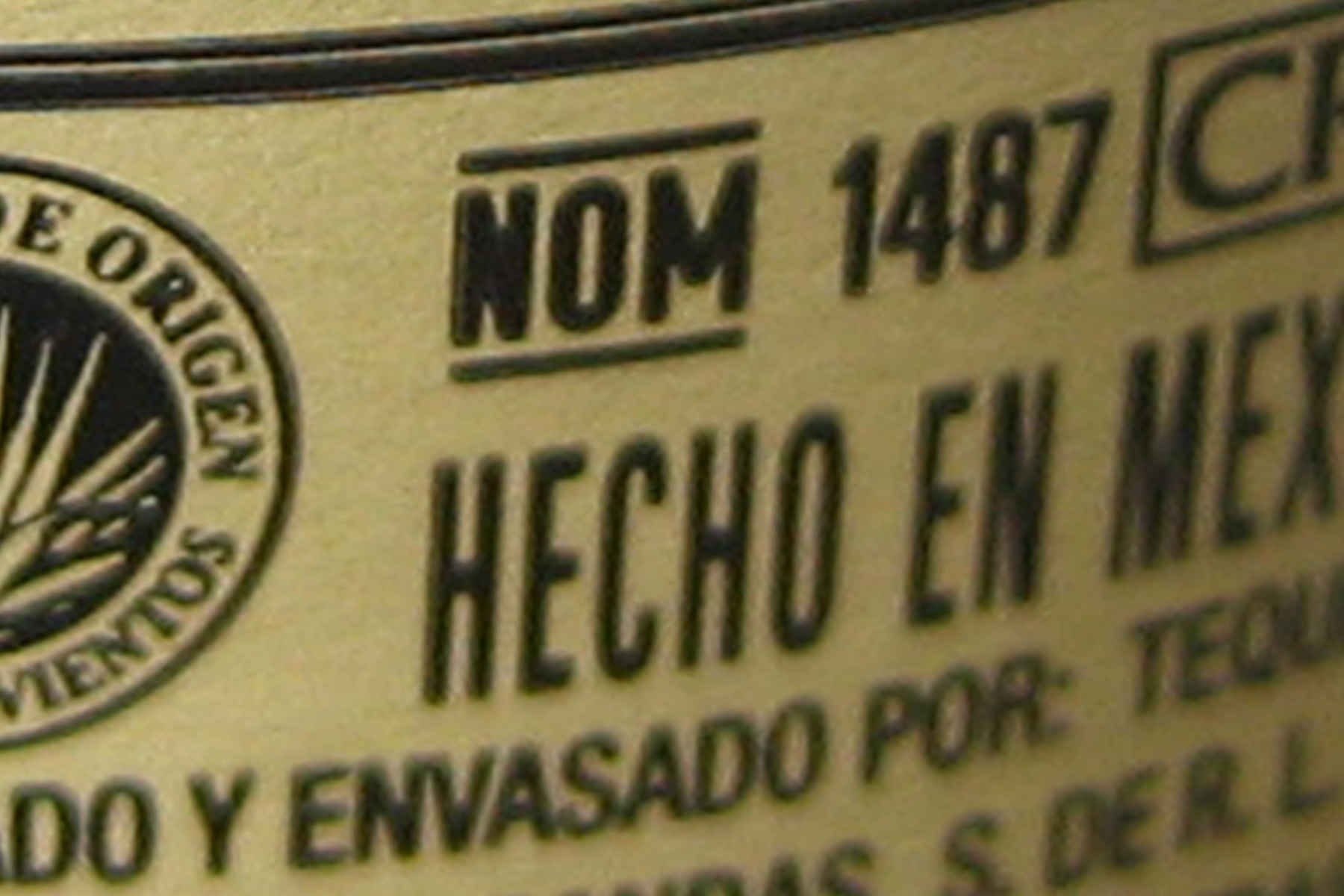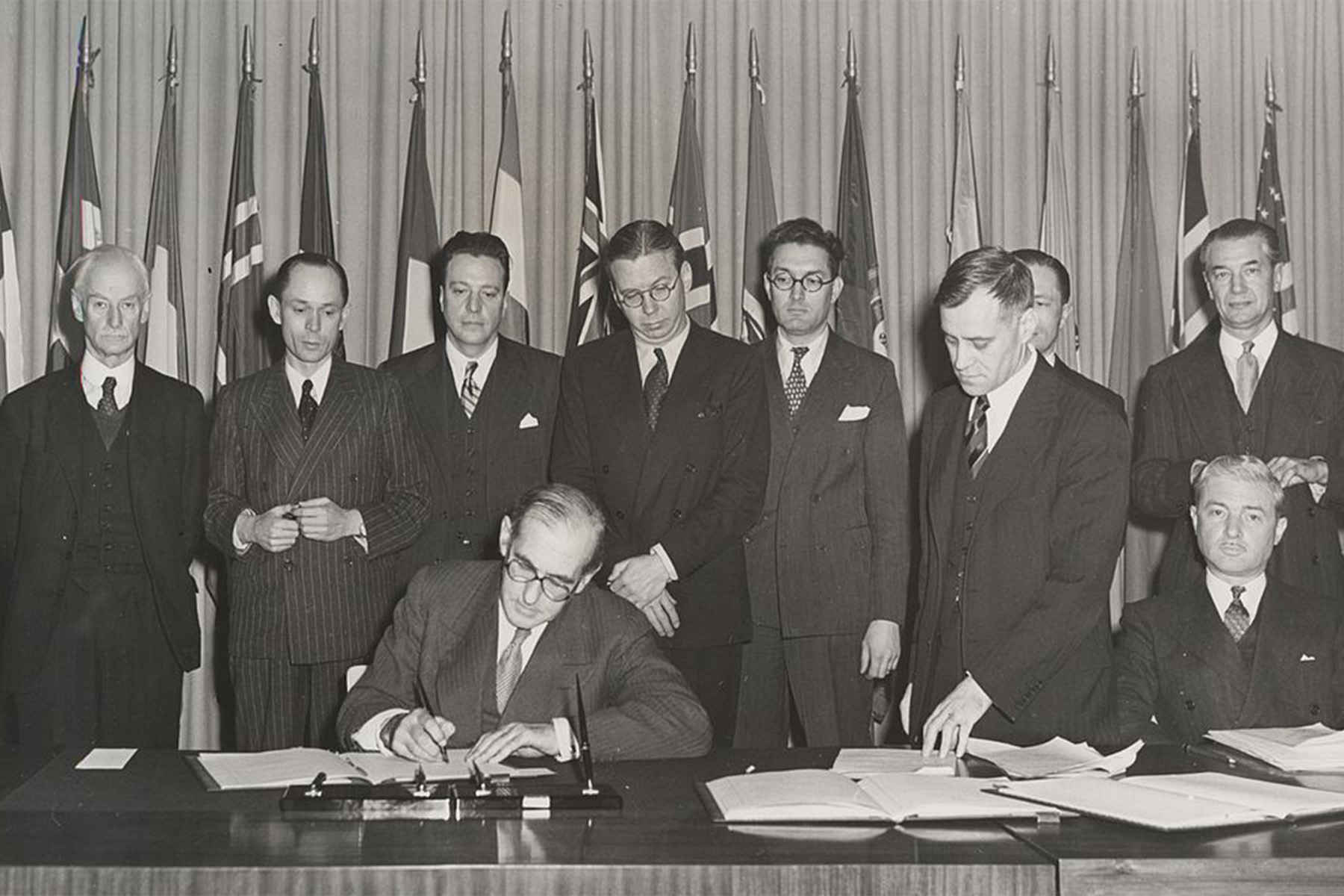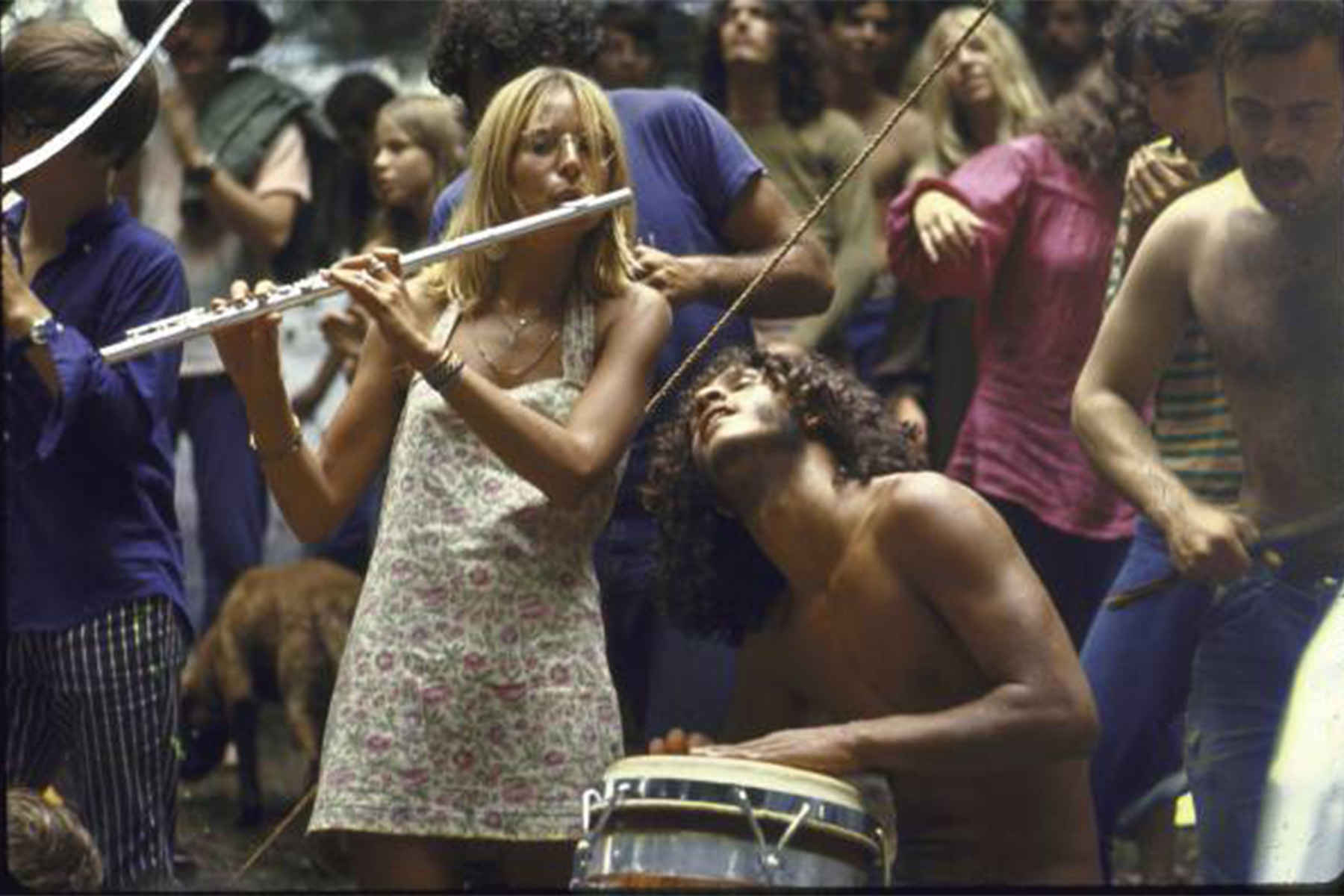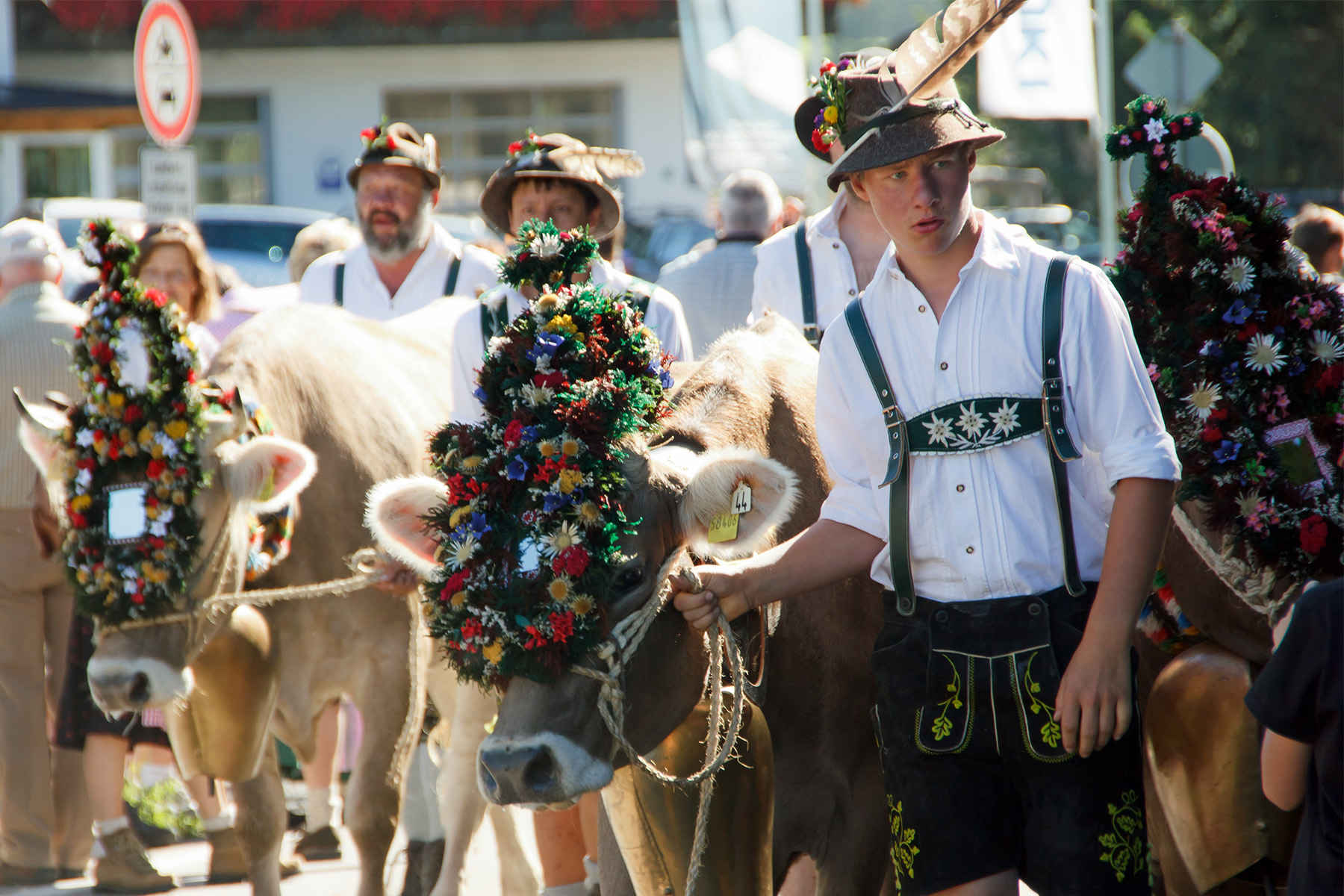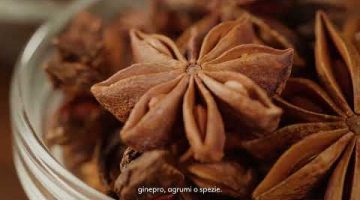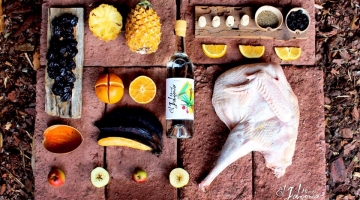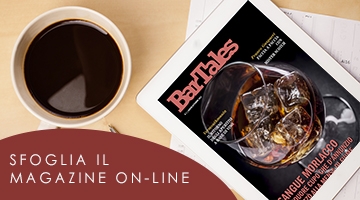This National Tequila Day (July 24th), let us reflect on everyone and everything that's made it possible for America to raise a glass of Mexico's finest. From real revolutionaries to cultural revolutionaries, from bureaucrats to Bing Crosby, here's a surprising list of the people and events responsible for the glass you're hopefully filling right now. At work. Because not every company gives this holiday off yet even though they should.
The ancient Nahua people
They were the first to turn agave into alcohol when, 2000 years ago, they discovered the secrets of pulque, a sacred, beer-strength forerunner of tequila used in religious services -- because fermentedness is next to godliness.
The goddess Mayahuel
Correction, fermentedness is next to goddessliness: by legend, pulque is said to have flowed straight from Mayahuel’s bosom.
Filipino sailors
In 1565 the Spanish introduced a super-efficient trade route: Manila to Acapulco, then overland to Veracruz and on to Spain. Filipino sailors aboard the Spanish galleons brought with them portable stills they used to make coconut-based lambanog. The stills were a huge hit in Mexico, but inland regions weren’t exactly flush with coconuts, so the native population quickly turned to agave.
(Historical Note!: Based on archaeological evidence found in the Jalisco town of Amatitán, historians including Miguel Claudio Jiménez Vizcarra believe that distillation actually occurred in Mexico before these stills arrived; if so, those sailors can’t be credited with making mezcal possible, but they can still be thanked for making it far easier to make.)
Miguel Hidalgo y Costilla
On September 16th, 1810, the Catholic priest rang the church bell in the town of Dolores, Guanajuato, and issued a call to arms against Spain. What does this have to do with tequila? Spain had banned production of all native spirits in 1785. It lifted the ban in 1795, but the threat of renewal loomed, and tequila didn’t make a real comeback until the battle for independence began. If not for Costilla, Mexico’s spirit might have remained oppressed.
Prohibition
Much like Canadian whisky and Scotch flowed down to thirsty Americans from the North, tequila shot up from the South, gaining a foothold -- albeit a temporary one (thanks a lot, Great Depression) -- that might not have been possible without our decade-plus of self-imposed deprivation.
Bing Crosby and Phil Harris
Crosby and Harris’s importing business was the first to bring 100% blue agave tequila to America -- everything before that had been “mixtos”, which only needs to be 51%. You might not think you know Harris, but you do: he voiced “Baloo the Sloth Bear” in The Jungle Book. Apparently he was merrily sloth-bear-like in real life too, prompting Crosby to sum up the partnership as “I’ll do the thinking, he’ll do the drinking.”
NOMs
That is, Norma Oficial Mexicana regulations. Just like France’s “Appellation d’Origine Contrôlée” dictates what is and isn’t Champagne, NOMs set standards for what constitutes tequila. If you’re terrified of “eating the worm”, thank these regs -- amongst other impurities, they forbid the addition of insects to tequila. If you bite into the larva of a gusano rojo, you’re drinking mezcal.
September 25th, 1966
That’s the day Mexico -- along with Haiti, Cuba, France, Israel, and Portugal -- became one of the first countries to sign the Lisbon Agreement, the international treaty that gives NOMs teeth. If it weren’t for that signature, you might be drinking tequila made from boysenberries distilled nine times through a koala’s digestive tract.
Californians
Despite its Prohibition surge, tequila remained an afterthought in America until the 1970s, when the California counterculture adopted it as the antidote to the stodgy booze of the older generation. The rest of the country caught on quick: by the mid-’70s sales boomed more than 400%; between 1972 and 1975 alone the number of brands increased from “a few” to 250.
Germany?
Actually, yeah. Together with scientists in Mexico, the easily pronounceable Chemisches und Veterinäruntersuchungsamt Karlsruhe in Baden-Württemberg has pioneered chromatographic and spectroscopic tests to spot fraudulent tequilas. Molecular fingerprinting never tasted so good.

